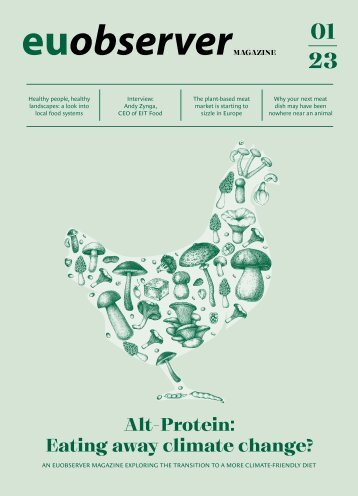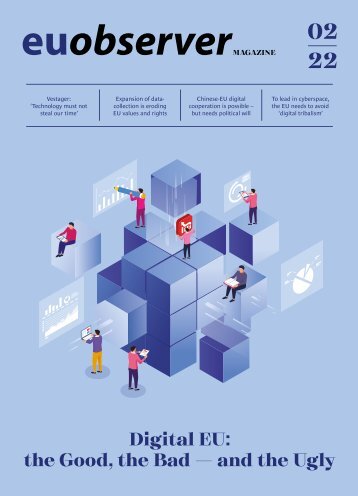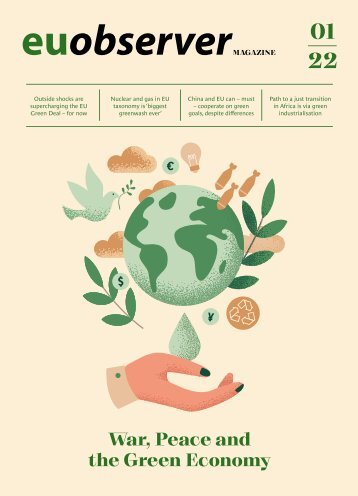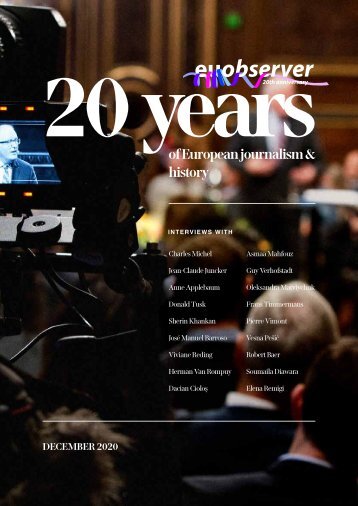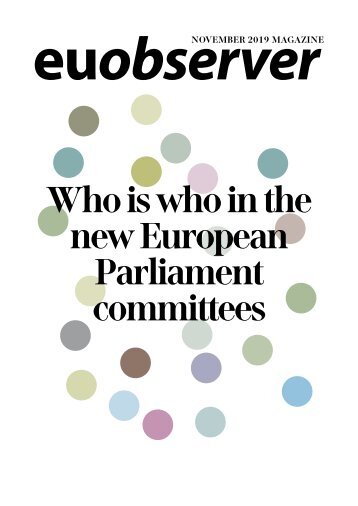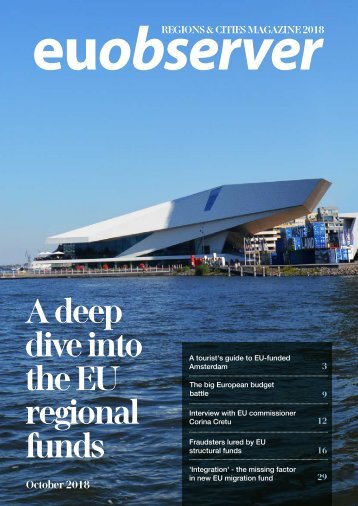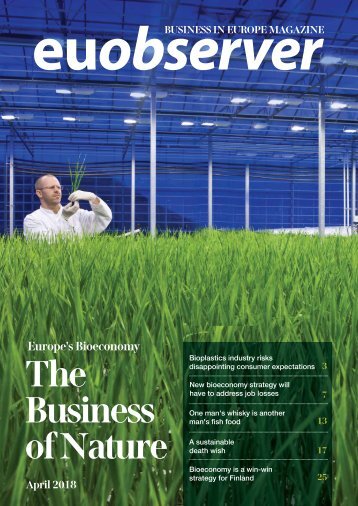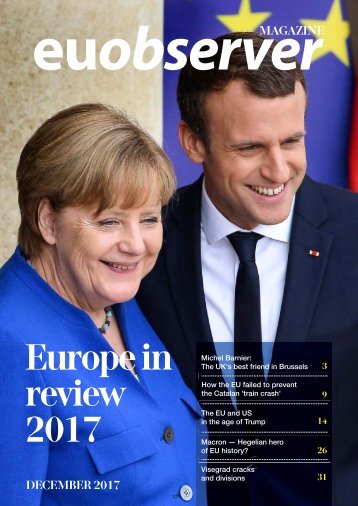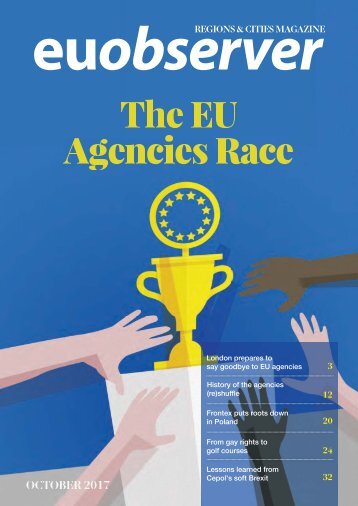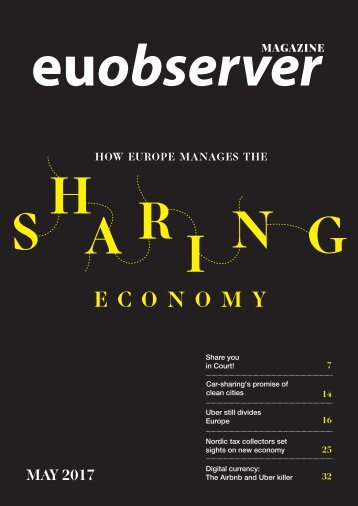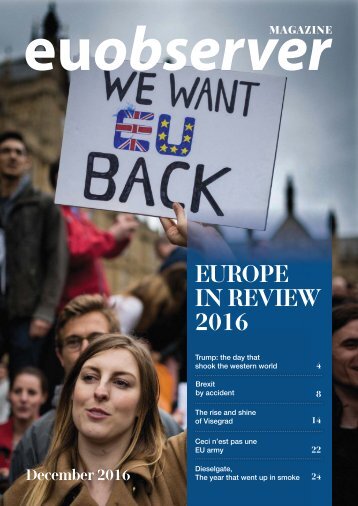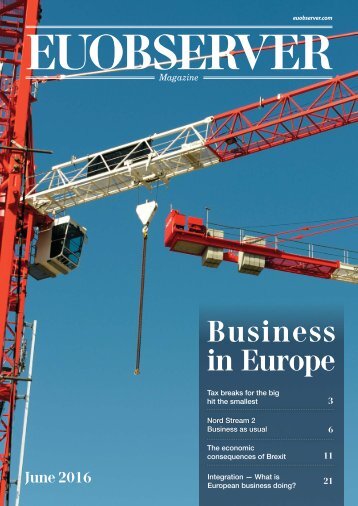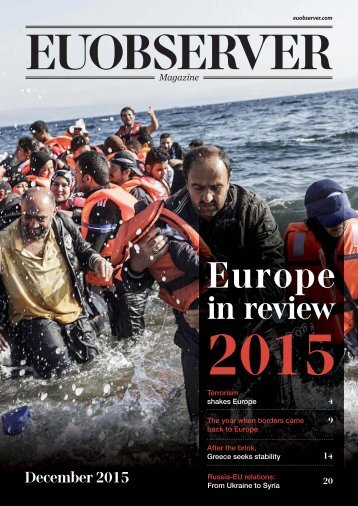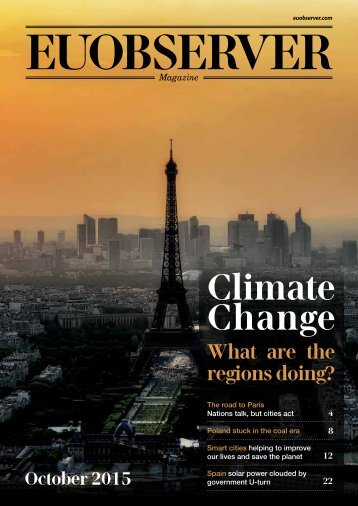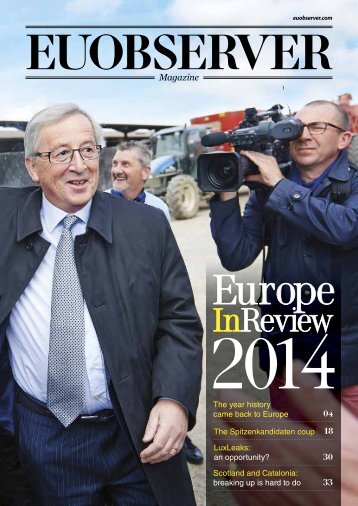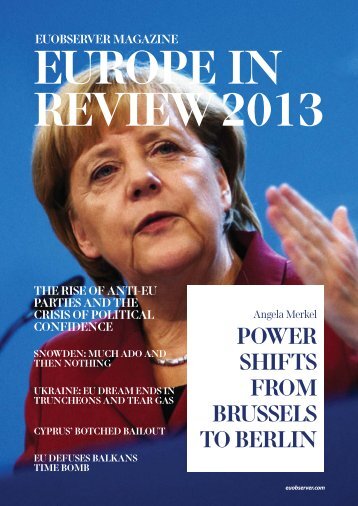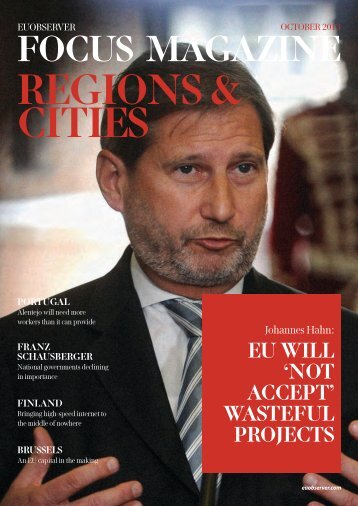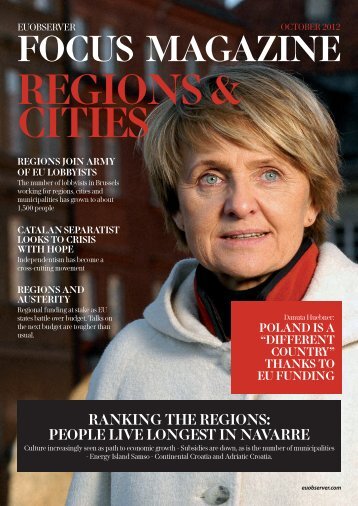Europe's Bioeconomy: The Business of Nature
- Text
- Food
- Nature
- Environment
- Union
- Agriculture
- Forestry
- Science
- Biotech
- Bioeconomy
thinks otherwise:
thinks otherwise: "[They] have been found to offer no proven environmental advantage over conventional plastics, while their rapid fragmentation into microplastics cause concerns." Work is now underway to restrict their use in the EU. But the problems don't end there. SOMETIMES MORE HARMFUL THAN PLASTIC Designers and brands are just as confused as their customers. An investigation in the UK recently by FoodserviceFootprint.com found that the country's largest pub chains have been left bamboozled after switching from plastic to compostable straws. In some cases, the straws made from polylactic acid (PLA) – a plastic substitute derived from plants that will biodegrade within three months in a controlled composting environment – were ending up in landfills where they are actually more harmful than plastic. Even the association representing the bioplastics sector admits that explaining its wares is tricky: "It's hard to communicate all pros and cons of the very different bioplastics in an appropriate way," suggests Hasso von Pogrell, managing director of European Bioplastics. A clear definition would certainly help. To date, the term bioplastics is loosely used to refer to plastics that are biobased, biodegradable, or both. Biobased means they are made at least in part from renewable materials derived from plants (like corn or cellulose) instead of fossil resources, according to the European Bioplastics website. Some can also be biodegradable in industrial composting facilities (there is a European Photo: European Commission Article continues on page 6 04 — BUSINESS IN EUROPE MAGAZINE 2018
Ready for your new adventure in Belgium? ING makes your life easy by helping you organize all your financial affairs. Call +32 2 464 66 64, or go to ing.be/expats Banking, financial and/or insurance offer subject to acceptance by ING Belgium (or, where appropriate, the relevant insurance company) and to mutual agreement. Terms and conditions (regulations, rates, key information documents for investors or savers and other supplementary information) available from any ING branch or on www.ing.be. ING Belgium 05 — SA/nv BUSINESS – Bank – Avenue IN EUROPE Marnix 24, MAGAZINE B-1000 Brussels 2018 – Brussels RPM/RPR – VAT: BE 0403.200.393 – BIC: BBRUBEBB – IBAN: BE45 3109 1560 2789. Insurance broker registered with the FSMA under the number 12381A. Publisher: Marie-Noëlle De Greef – Cours Saint-Michel 60, B-1040 Brussels.
- Page 1 and 2: BUSINESS IN EUROPE MAGAZINE Europe'
- Page 3: Bioplastics industry risks disappoi
- Page 7 and 8: NEW BIOECONOMY STRATEGY WILL HAVE T
- Page 9 and 10: The EU's bioeconomy in figures The
- Page 11 and 12: Jobs in the bioeconomy in 2014 The
- Page 13 and 14: One man's whisky is another man's f
- Page 15 and 16: Photo: IBioIC exp
- Page 17 and 18: A sustainable death wish No one can
- Page 19 and 20: and then shattered into smaller pie
- Page 21 and 22: commission's various directorates-g
- Page 23 and 24: And despite earlier warnings not to
- Page 25 and 26: BIOECONOMY IS A WIN/WIN STRATEGY FO
- Page 27 and 28: GLOBAL SCARCITY OF NATURAL RESOURCE
- Page 29 and 30: Photo: The Humane League No end in
- Page 31 and 32: WTO arbitration panel in Geneva, bu
Inappropriate
Loading...
Mail this publication
Loading...
Embed
Loading...

